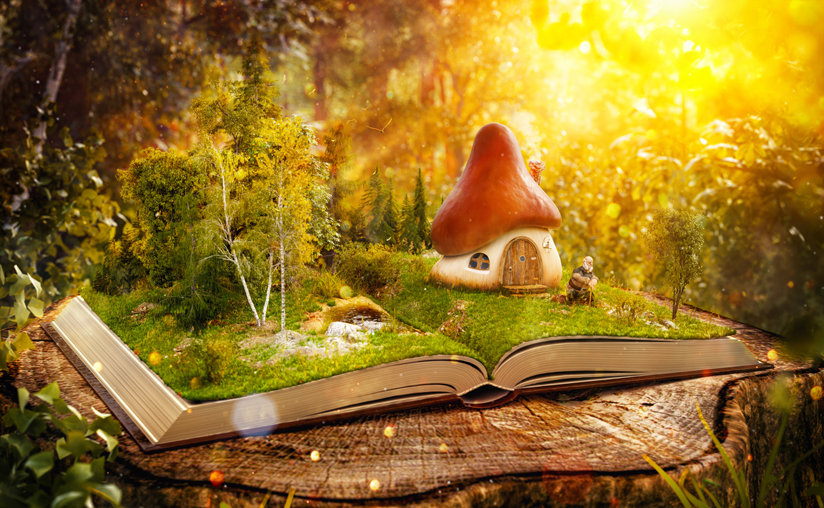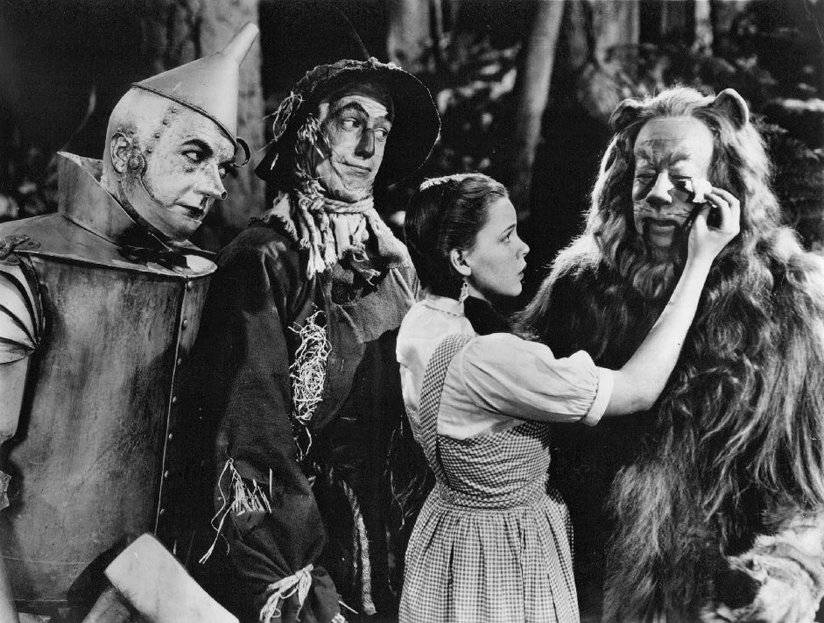
-
HOME
-
WHAT IS STANDOur Mission Our Values Our Help Contact
-
WHAT WE FIGHT FORReligious Freedom Religious Literacy Equality & Human Rights Inclusion & Respect Free Speech Responsible Journalism Corporate Accountability
-
RESOURCESExpert Studies Landmark Decisions White Papers FAQs David Miscavige Religious Freedom Resource Center Freedom of Religion & Human Rights Topic Index Priest-Penitent Privilege Islamophobia
-
HATE MONITORBiased Media Propagandists Hatemongers False Experts Hate Monitor Blog
-
NEWSROOMNews Media Watch Videos Blog
-
TAKE ACTIONCombat Hate & Discrimination Champion Freedom of Religion Demand Accountability
The Power of Story
The first known expression of the proverb “The pen is mightier than the sword” goes all the way back to The Story of Ahikar circa 500 BC, so it’s not exactly late breaking news. But few people are cognizant of the profound effect the power of “the pen” has on our everyday lives.
Good storytelling is more akin to the magician’s art than anything else. Storytellers go far beyond pulling mere rabbits out of hats. Real storytellers create entire universes out of whole cloth… universes which we visit and experience. And those experiences can have a profound effect on how we see and react to the “real” world we live in.

Those of my generation recall the stories we were told that got us hooked on cigarettes. One-minute commercials told women they’d “come a long way baby,” and they deserved the same rights as men. (The primary withheld right apparently being the right to die an early death.) Men were shown one-minute stories about lone cowboys, riding the range, and lighting up a Marlboro—something manly men just do. The power of story led, at least in part, to millions of men and women’s lives being cut short.
Of course, a story can also have a positive effect on audiences. In long-form stories, the audience identifies with the protagonist and vicariously experiences the story as it unfolds. In the process, they learn the same thing the protagonist learns, and their world view is subtly changed accordingly. Want to know the message lurking in the subtext of a story? Ask yourself: “What did the protagonist learn or prove by living the story?”
Such is the power of a well-told story. That power was used to help set the stage for the murder of six million innocent men, women and children.
In the classic film Ferris Bueller’s Day Off, Ferris proves that a carefree spirit of play can win out over solid-citizen-seriousness. Did audiences leave the theater talking about how they’d been sold as a “truth” the idea that insouciance is a good thing that can triumph over seriousness? Of course not. But they did leave the theater feeling lighter and freer, and with their world subtly changed.
Yes, stories are about entertainment and distracting audiences from the trials and tribulations of everyday life, but they can also be about selling us an idea as a “truth” that can either uplift or degrade the real world we live in.
Consider the themes underlying these well-known stories.
The Wizard of Oz—If you stop and take a good look you might discover you already have your true heart’s desire.
Roots (the TV series)—African Americans are human beings, same as white folks.
Risky Business—Sometimes you just have to say the heck with it and follow your instincts.
Scarface—What you sew you reap. Live a violent life and die a violent death.
Death Wish—There are times when violence is best met with violence.
Get the idea?

In the hands of evil men, the power of story can be devastating. In the 1930s, Hitler’s Minister of Propaganda, Joseph Goebbels, nationalized Germany’s motion picture industry. He went so far as to launch a state-run filmmaking school for politically “reliable” filmmakers.
Scores of brilliantly executed films, like the critically acclaimed box office smash Jud Süss (Süss the Jew), all carried the same message in their subtext: Jews are sub-human, dangerous creatures.
Goebbels was delighted with the success of Jud Süss and called it “an anti-semitic film of the kind we could only wish for.”
The overwhelming majority of otherwise smart, decent, well-intended Germans unconsciously bought into that idea as a “truth.” Such is the power of a well-told story. That power was used to help set the stage for the murder of six million innocent men, women and children.
We would all like to believe that, had we been those everyday German citizens, we wouldn’t have bought into such a despicable lie. But truth be told, we may well have been as susceptible to the power of story as the German people were.
This blog was inspired by Jojo Rabbit, an Oscar-nominated film. It’s the story of a young boy whose primary ambition in life is to be the very best Nazi he can possibly be. The boy’s life is turned upside down when he discovers the Jewish girl his mom is hiding in their attic. It’s an entertaining film with a powerful underlying theme. Something like: Being oblivious to the power of story in our everyday lives can land us in a dark place that’s tough to get out of.
With what Jojo learned in mind, be brave enough to see if you’ve been sold a lie about my religion that skews your world view in a negative way. Take a close-up and personal look. Get to know a few actual Scientologists. Visit a local Church of Scientology, ask whatever questions you might have, and get them answered. Find out what Scientologists really believe and, more importantly, what they do.
We are bombarded with stories being told on social and other media. American writer and cultural anthropologist Mary Catherine Bateson is famously quoted as saying: “The human species thinks in metaphors and learns through stories.”
Ms. Bateson is right. And so it’s important we reject stories that teach us to hate, while embracing those that teach us it’s okay to love one another—despite our differences.









